Tag: Startup News
-
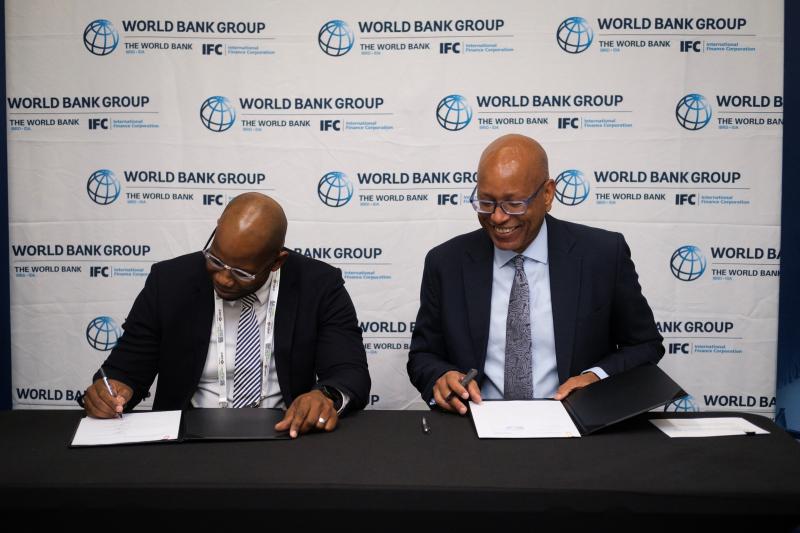
Summit Africa Secures IFC Backing for $175 Million SPEF II Fund
South African private-equity firm Summit Africa has secured a US$20 million commitment from the International Finance Corporation (IFC) toward its second fund, Summit Private Equity Fund II (SPEF II).
-
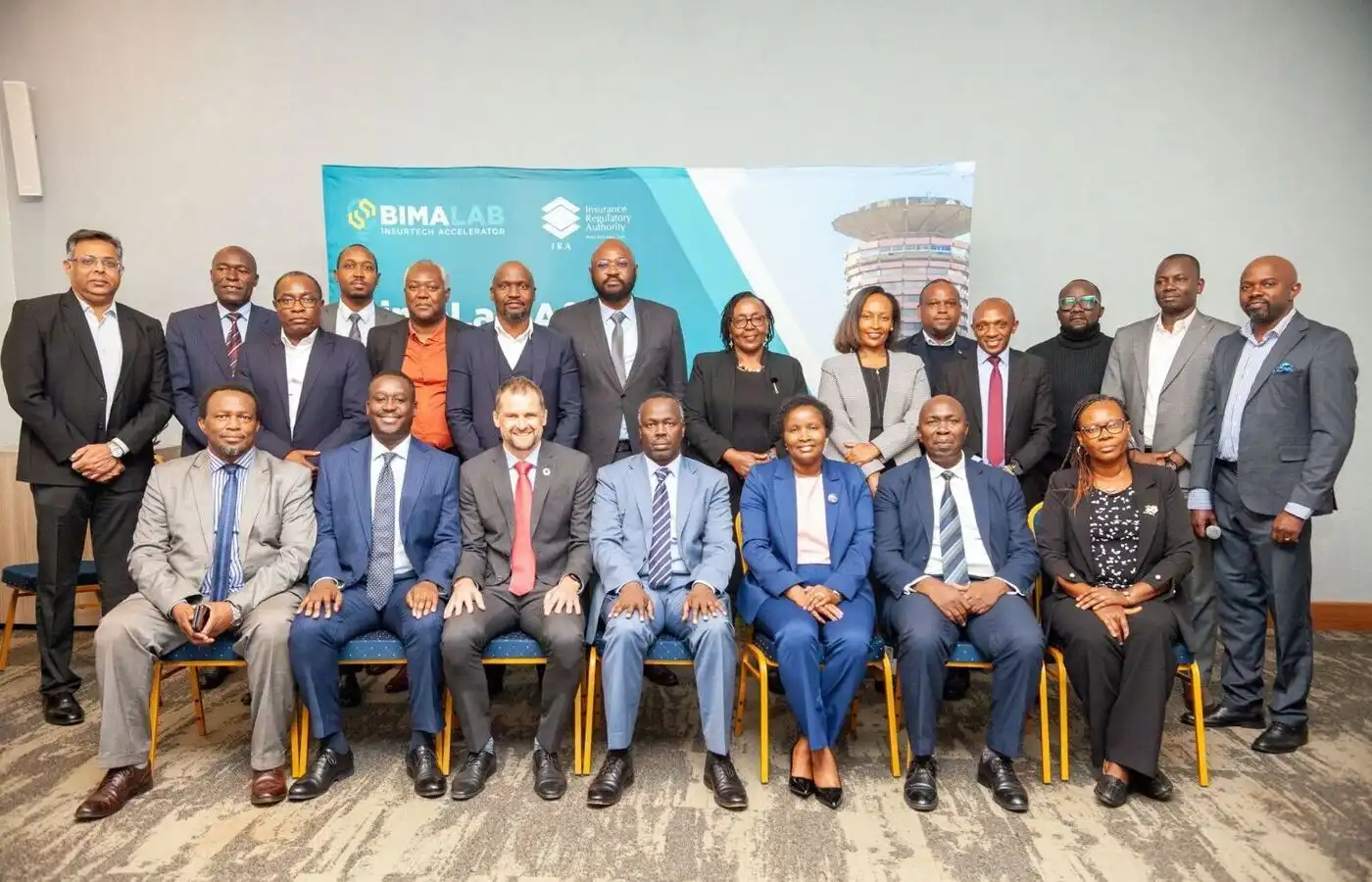
FSD Africa Launches US$30 Million Fund to Expand Insurtech Growth Across Africa
FSD Africa has unveiled a US$30 million venture fund, the Inclusive Insurtech Investment Fund (3iF), aimed at inviting more private capital into the continent’s insurtech industry.
-
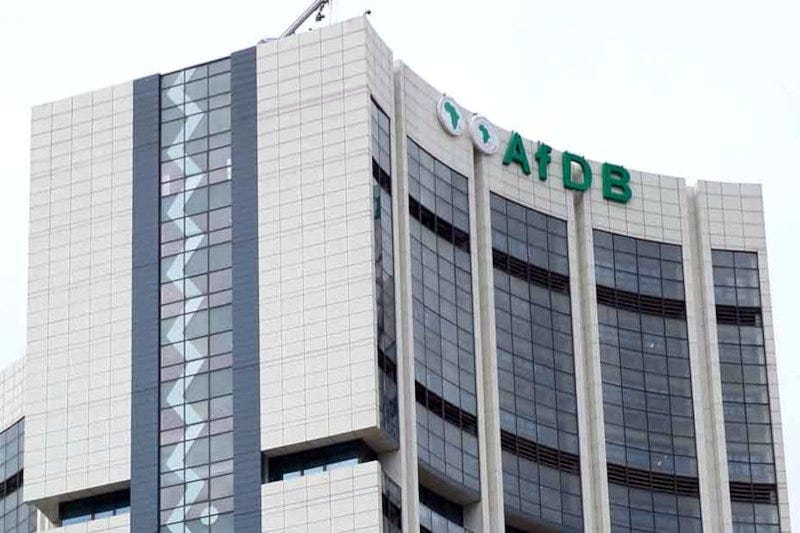
AfDB Approves $15 Million Investment in Adenia Fund to Boost Small and Mid-Sized Firms
The African Development Bank (AfDB) has approved a $15 million equity injection into Adenia Entrepreneurial Fund 1 (“AEF 1”), a private-equity vehicle managed by Adenia Partners.
-
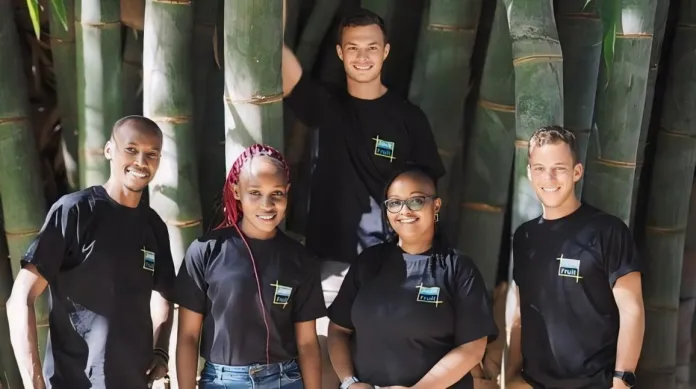
Jackfruit Network Gets $5 Million from TLG and IDP Foundation to Scale Lending to Low-Cost Kenyan Schools
Kenya-based SME lender Jackfruit Network secured a US$5 million financing facility backed by TLG Capital and the IDP Foundation.
-
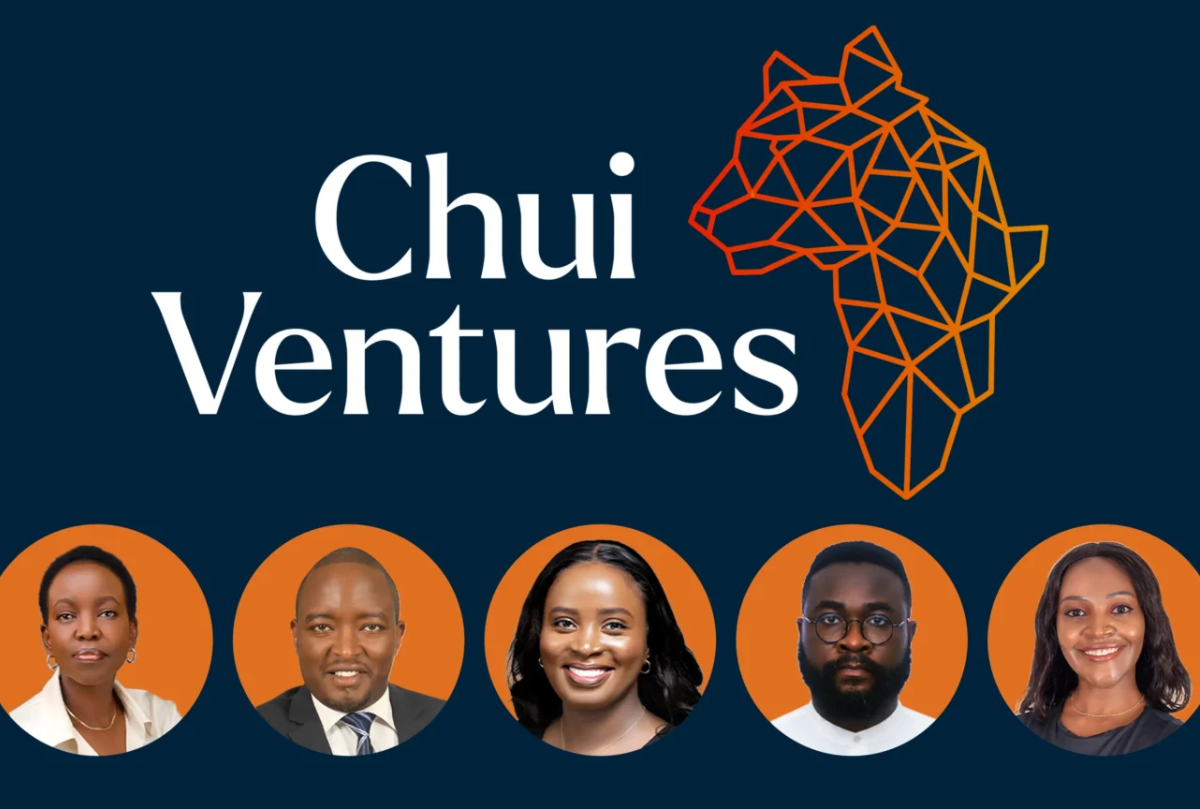
Chui Ventures’ First Fund Hits $17.3m as It Accelerates Investment in African Startups
Chui Ventures, the pan-African early-stage venture capital firm with a gender-inclusive investment philosophy, has closed its maiden Fund I at US$17.3 million, comfortably surpassing its initial target of US$10 million.
-
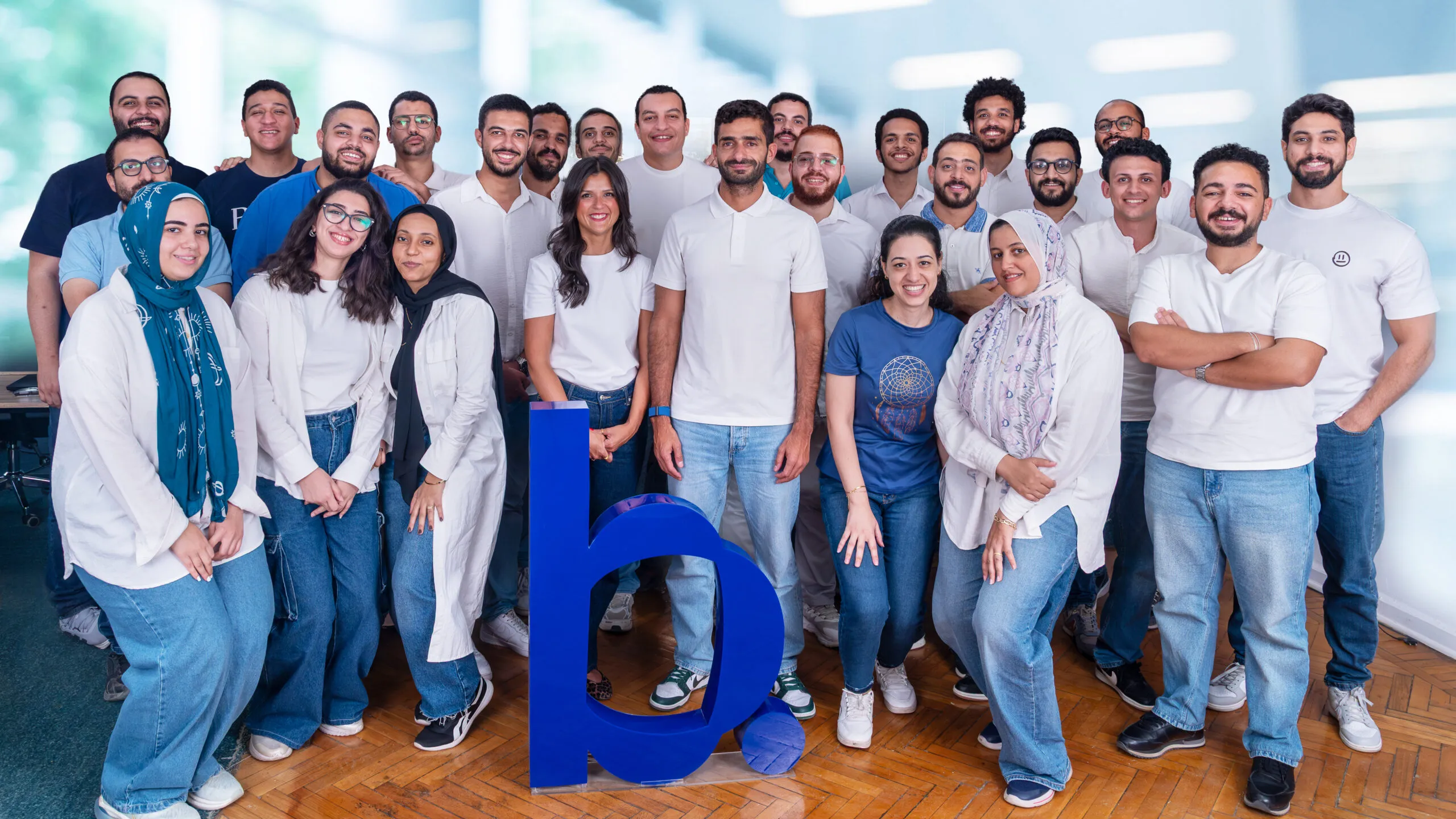
Cairo HR Tech Startup Bluworks Raises $1 Million to Accelerate Regional Expansion
Cairo-based HR tech startup Bluworks has raised $1 million in a seed funding round to support its expansion across Egypt and into the broader Middle East and North Africa (MENA) region.
-
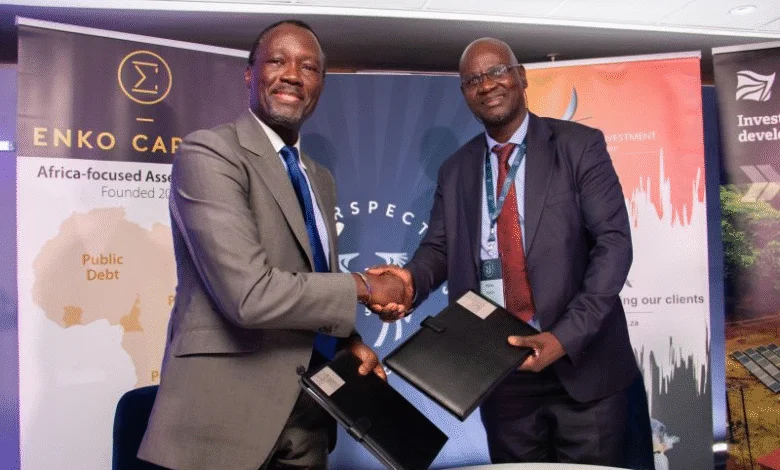
Enko Capital Secures $30 Million from PIC to Grow Private Credit Access Across Africa
South Africa’s state-owned asset manager, the Public Investment Corporation (PIC), has committed $30 million to a private-credit vehicle run by the Africa-focused alternative investment firm Enko Capital.
-
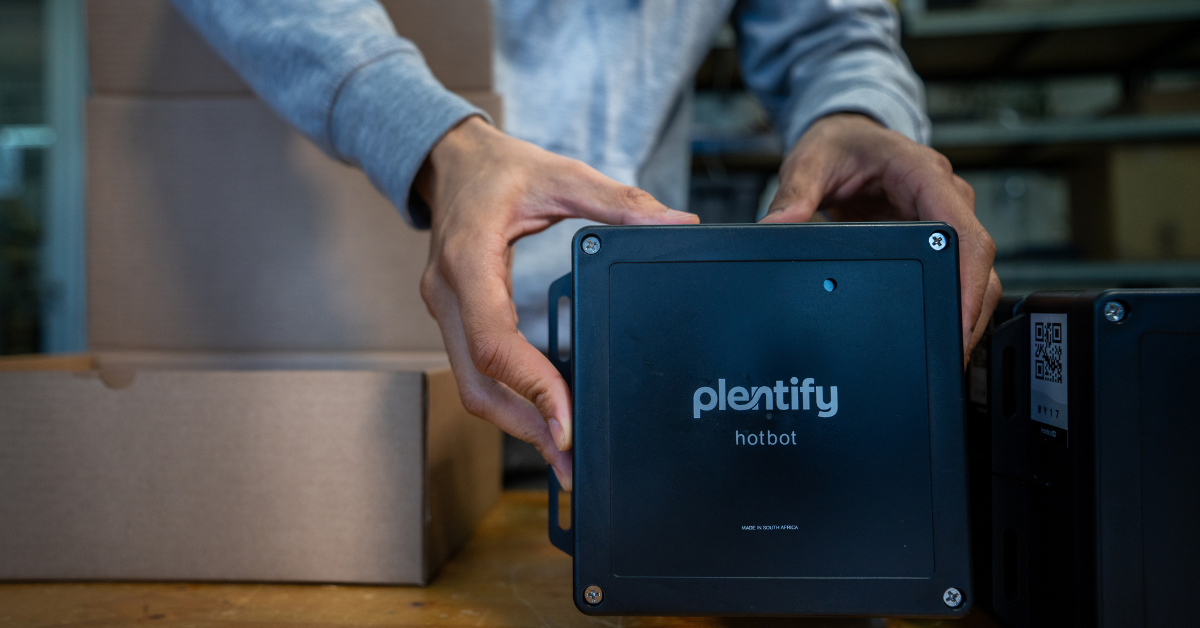
South Africa’s Plentify Raises Series A to Take Its Smart Energy Tech Global
South African climate-technology firm Plentify has successfully closed a Series A funding round, adding new momentum to its mission of smarter home energy management as it sets its sights on international markets.
-
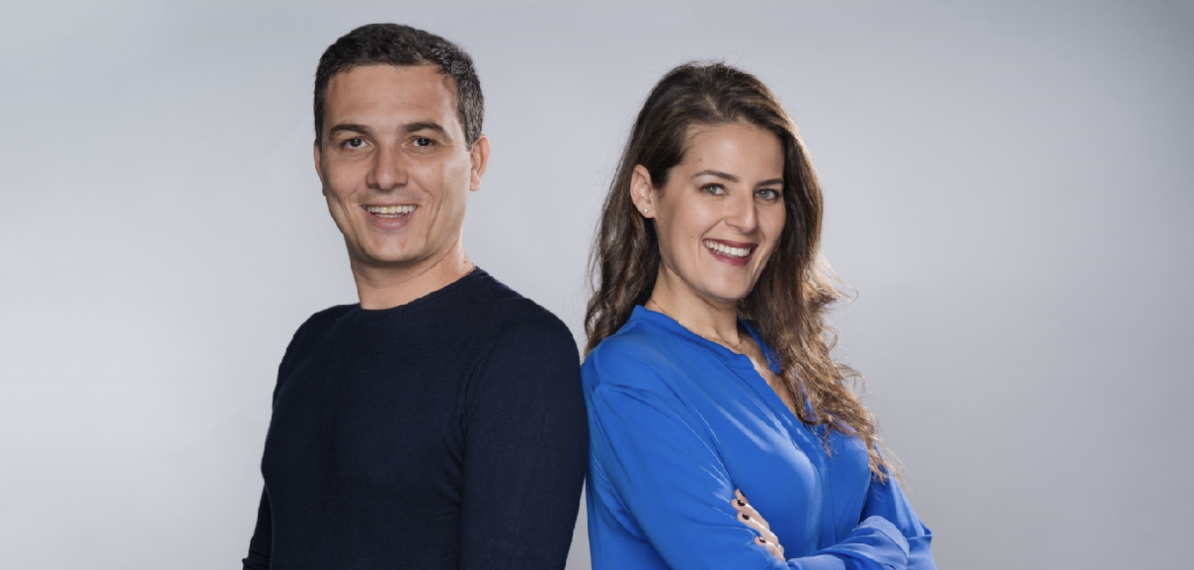
Morocco’s Chari Secures Investment From DisrupTech Ventures to Expand Community-Level Financial Services
Cairo-based early-stage fintech venture capital firm DisrupTech Ventures has made a strategic investment into Moroccan fintech startup Chari, marking its first deployment in Morocco and only its second investment in Africa outside of Egypt.